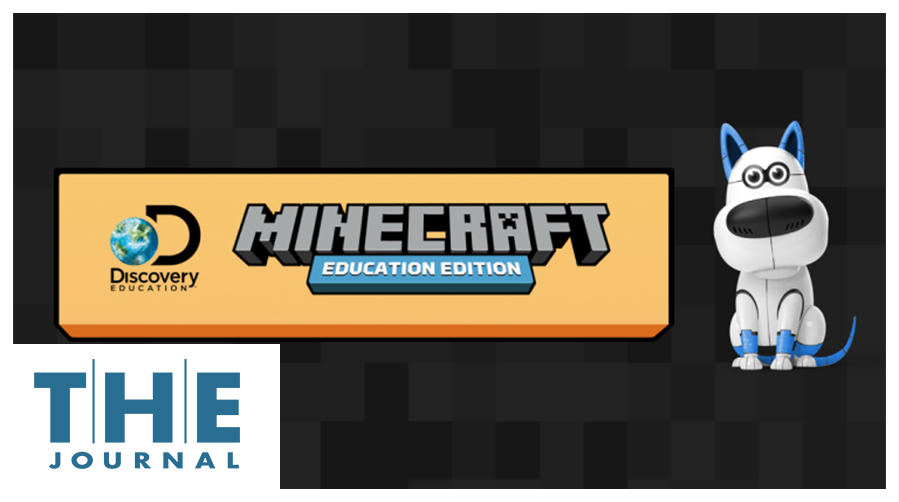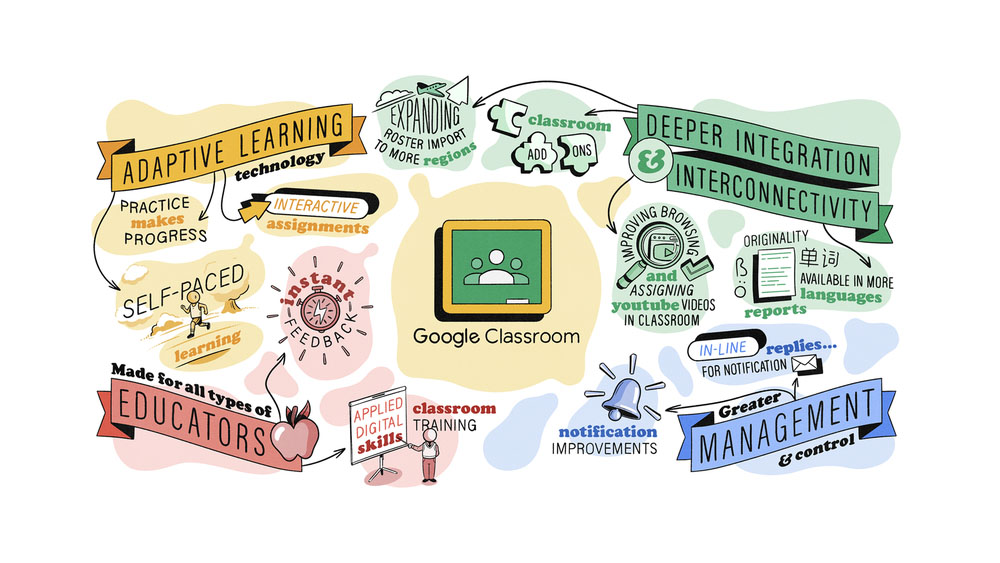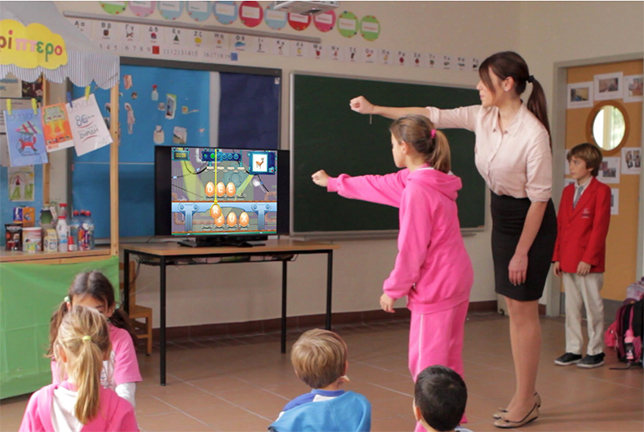Capstone, a publisher of interactive e-books, has announced enhancements to its platform to make it easier to use for K–5 students who have vision, cognitive, physical, and hearing disabilities, the company announced this week.

Educators and instructional technology experts Michael Jaber and Charley Suter describe the “endless” ways that ClassVR virtual reality headsets can help educators get students excited about learning — and share some incredible and surprising ways they are using ClassVR in schools, particularly for special education students, students with autism, and those with limited mobility.
Learning technology company HMH has unveiled a new connected teaching and learning solution for literacy that combines its AI-driven Amira Learning literacy tutoring solution with its Saxon Phonics & Spelling instruction for K–2 classrooms.
A literacy and intervention director at a California district with a serious literacy issue — only 16% of its 22,000 students in TK–12 were reading at or above grade level districtwide — explains how they used technology to overhaul the district's literacy professional development program and address access and equity problems.

Discovery Education recently unveiled a new Minecraft: Education Edition channel within its learning platform, which means that the wildly popular educational game is now supported within DE’s platform with instructional resources for using M:EE in the classroom, the companies said.
An update to 1EdTech Consortium’s digital assessment interoperability standard has added accessibility features and improved rendering to enable greater access in large-scale testing for students with special needs, the nonprofit said in a news release.

Google for Education today announced a slate of new apps for Chromebooks — including a new free Screencast app and a free Figma design app — as well as new functions in Google Classroom and Google Meet, and the company announced integrations with popular ed tech apps that will launch later this year.

With so many programs, devices, and technologies to choose from, educators and K-12 decision-makers should prioritize these two things when making ed tech decisions: Interaction to increase motivation and engagement among students, and data analytics to make teachers' lives easier and make public schools more efficient.
The U.S. Department of Education Office of Elementary and Secondary Education has begun accepting applications for $159 million in grants budgeted for the Education Innovation and Research Program, which aims to develop, implement, or take to scale entrepreneurial, evidence-based innovations to improve student achievement and attainment for high-need students; and to rigorously evaluate such innovations.
The U.S. Department of Education Office for Civil Rights has resolved an investigation of the Los Angeles Unified School District with an agreement requiring it to provide educational services and compensatory services for the 66,000 students with disabilities for whom the district “failed to provide services” for as required by law, according to a news release.